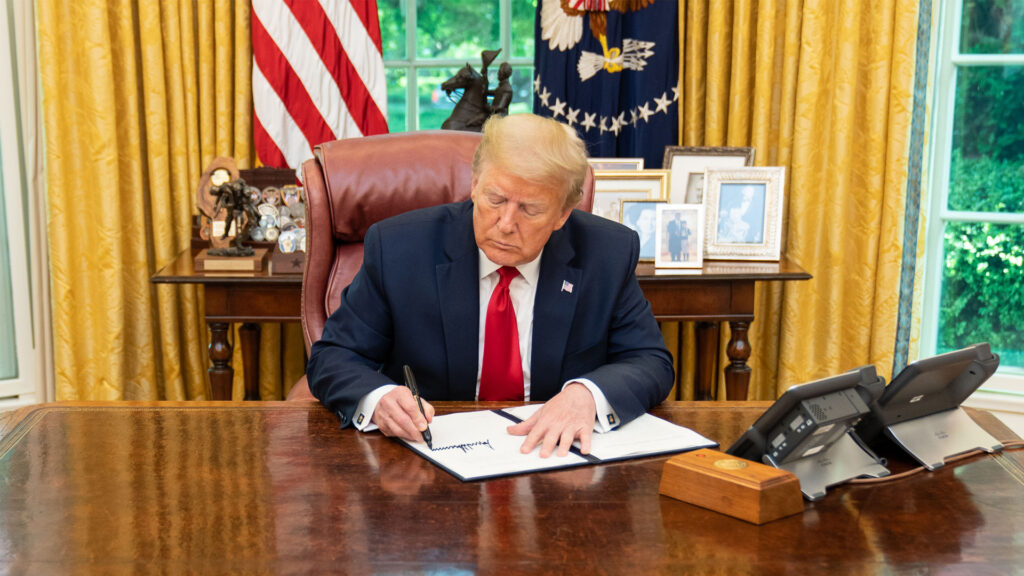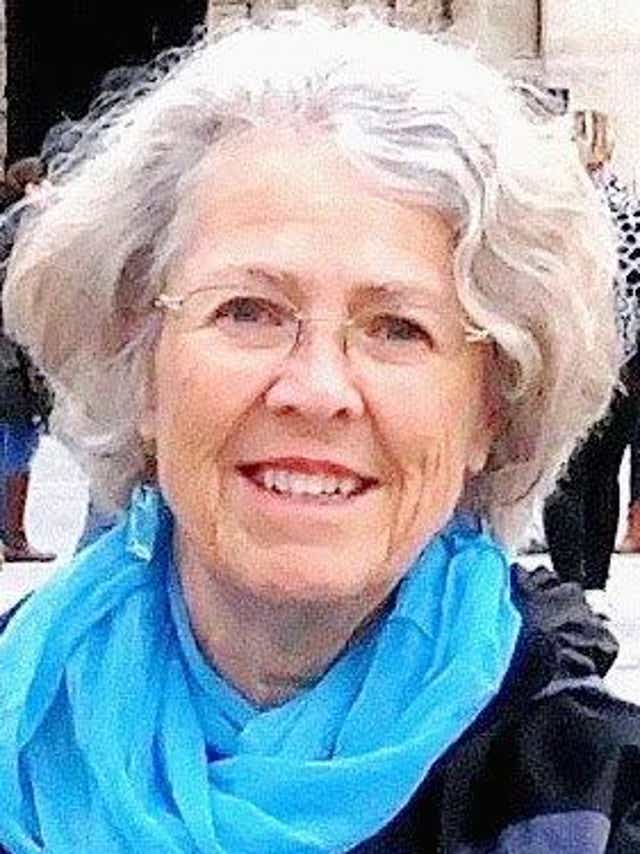By Susan Nugent, Climate Reality Project member
During this climate crisis, our activism becomes even more essential. We must advocate not only for clean air, clean water and clean energy, but also for the community members who are victims of social injustices. As the heat rises, it does not affect all communities equitably. Vulnerable populations, including the marginalized, will be victimized by a government not willing to recognize diversity.
The above paragraph, jam-packed with words now censored in government documents, presents a conundrum. Just because a word is censored, the problem does not disappear.

President Donald Trump railed against former President Joe Biden for censoring speech on social media platforms. On Trump’s first day in office, he signed an executive order prohibiting the censorship of free speech. And yet, we now have a long list of words that cannot be used in government documents.
Not only can these words no longer be used, previous documents have been rewritten to get rid of the offensive wording. “Woke” vocabulary apparently provokes presidential paranoia.
Courses like “History of the English Language” and “Language Acquisition” make us consider the relationship between thought and language. Linguists Edwin Sapir and Benjamin Lee Wharf supported the theory that language shapes thought.
If words shape thought, does the climate crisis end if we can’t label it as such? Similarly, do social justice and injustice not exist if we don’t point at and name them? Or do we stop thinking about injustices?
Psychologist Jean Piaget would have argued that thought precedes language, so language names what we are thinking. For example, climate science (a censored term) revealed that “climate change” was occurring. Temperatures were rising. Scientists stopped using “climate change” and started using “climate crisis” when they realized that temperatures were increasing quickly, moving above 1.5 degrees Celsius.

A consensus of scientists realized we would soon reach and surpass the crisis benchmark of 2 degrees Celsius. That rapid, uncontrolled temperature increase was named the “climate crisis.”
By censoring the term “climate crisis,” the urgency of the increasing temperatures is dismissed. So, do we use the thesaurus to start calling this crisis a catastrophe? Calamity? Emergency? Disaster? Dire straits? Or has the very science that led us to refer to “climate crisis” been undermined?
Just as President Trump declared that the Gulf of Mexico was from now forward to be known as the Gulf of America, he is making language reflect his biases and desires. “Drill, baby, drill” is no threat when there is no “climate crisis.” By not allowing these words to be used, Trump controls the way the public digests the information he shares.
Policing language is the first step Trump is taking toward effecting the thought police we feared in the novel “1984.” We thought it was fiction. Now we should think again.
Susan Nugent is a Climate Reality Project leader from Gainesville. Banner photo: Protesters demonstrate in Chicago in 2019 (Charles Edward Miller, CC BY-SA 2.0, via Wikimedia Commons).
Sign up for The Invading Sea newsletter by visiting here. To support The Invading Sea, click here to make a donation. If you are interested in submitting an opinion piece to The Invading Sea, email Editor Nathan Crabbe at ncrabbe@fau.edu.



